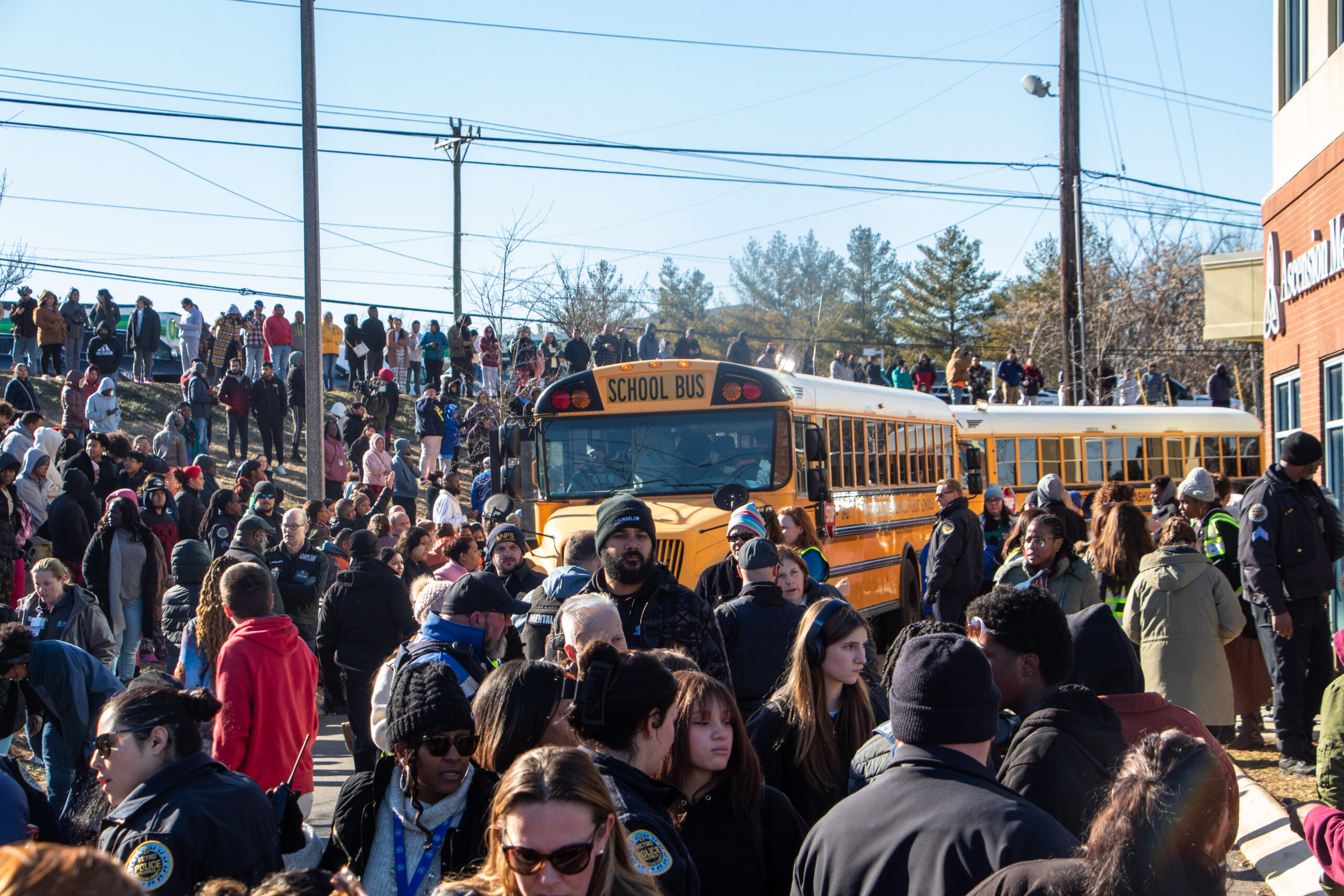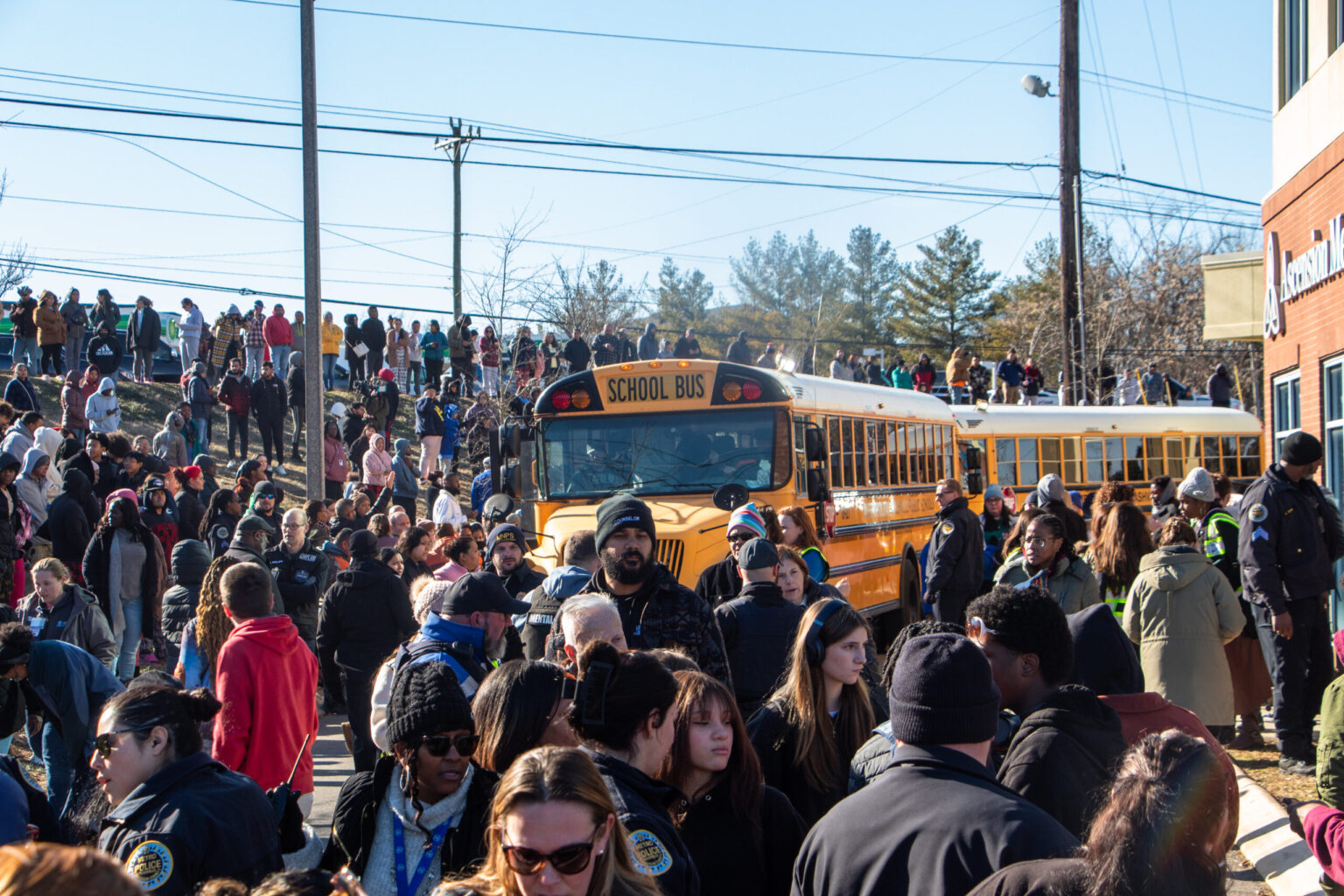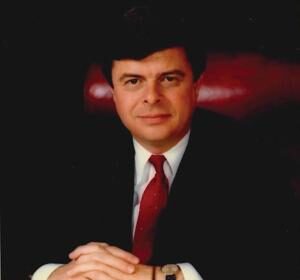
Nashville is reeling after the shooting at Antioch High School on Wednesday. Metro Nashville police are investigating the attack.
More: 2 dead, 1 injured in shooting at Nashville high school
Here’s what we know so far and what we’re waiting to find out:
What we know so far
Police say that the assailant, Solomon Henderson, 17, was dropped off at school by his mother. He went into the bathroom at school and then entered the cafeteria with a pistol. He fired a total of 10 shots within 20 seconds, according to MNPD. The gun was loaded with nine rounds when it was recorded, and police found a loaded magazine on the cafeteria floor.
The shooting took the life of Josselin Corea Escalante, 16. Her family has said that she played soccer and wanted to become a doctor. They hope to transport her body back to her home country of Guatemala, according to a GoFundMe organized by Linci Escalante.
More: Josselin Corea Escalante, a ‘bright and compassionate young woman,’ dreamed of being a doctor
A second student was grazed by a bullet and transported to Vanderbilt University Medical Center for treatment. He was later released. Another student was also treated at Vanderbilt for injuries from a fall.
There were two school resource officers at Antioch High School, but neither were in the cafeteria at the time of the attack. Weapons detection software did not alert on the teen’s gun. School leaders say that was because of the distance and angle of the camera’s view. The system did activate when law enforcement drew weapons later.
School threats have surfaced in the wake of the shooting. Nashville police say students at three other schools were arrested separately for threats of mass violence on Thursday. On Wednesday night, police also charged an 18-year-old McGavock High School student who, they say, had a handgun in his backpack at the school gym. And on Friday, police announced that they arrested three other students under the state’s threats of mass violence law.
What we don’t know
Police say they are still investigating the ideological influences of the assailant with the FBI. The 17-year-old was seemingly radicalized online and held extremist ideologies about race, religion and sexual orientation, but his specific motivation for the shooting has not been confirmed.
According to police, the gun was purchased by someone in Arizona in 2022 and had not been reported stolen. The police say that there were no guns or gun parts found in a search of the teen’s home. It may be hard to come across more details on how the assailant — who wasn’t legally old enough to own a gun in Tennessee — got the firearm.
“State laws have made it really, really easy to possess guns here without any permitting process,” WPLN criminal justice reporter Paige Pfleger said on This Is Nashville. “Background checks are not required for private sales, including sales online or at gun shows. That’s not to mention the ubiquity of guns, guns stolen from cars, and that’s very common.“
Nashville Mayor Freddie O’Connell referenced the state’s stances on gun access in a press avail on Friday.
“I don’t know, though, that we’re going to see much action from the state in an environment where it’s clear that issue groups continue to be very supportive of a low regulatory environment for guns. In fact, Tennessee, even in the past decade, has taken steps away from evidentiary approaches that we know in states across the country have shown efficacy in limiting gun violence,” he said. “So we’re going to continue to look at what we’re doing here locally.”
How we get through
This Is Nashville also spoke with Erica Perry, an attorney and the executive director of racial justice organization Southern Movement Committee.
While the epidemic of gun violence is complicated and multifaceted, Perry’s work shows that it’s not hopeless. SMC members work with teachers and advocates — but also students themselves — on identifying paths forward.
“Our young people have told us what they need, and I just challenge us to honor that,” Erica said. “They need mental health practitioners. They need social services in their schools. They need restorative justice practitioners as much as they need education. They need emotional learning.”
She shared with host Khalil Ekulona how critical community building is for kids — and said resources, such as community centers, should be getting attention and help at all times, not just after a tragedy.
Editor’s note: This story has been updated with new information about students arrested Friday.




